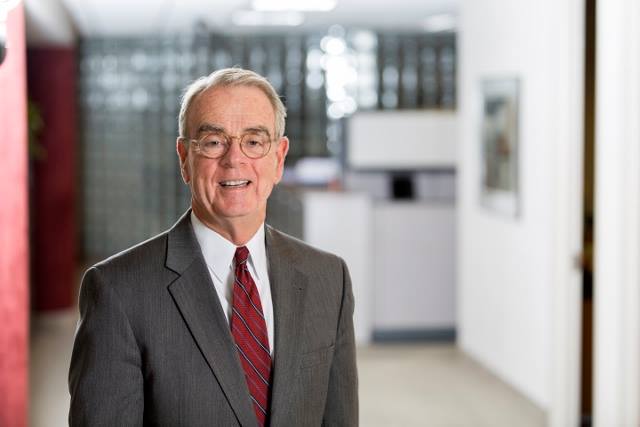Manafort Weighed His Options and the Results Are Clear: Surrender and Full Cooperation

After a jury convicted Paul Manafort of eight counts of bank fraud and tax fraud, his attorney announced to the media that his client “was evaluating all his options.” With another trial set to begin in days, and perhaps after back channel efforts to obtain a pardon failed, Manafort decided this week that the weight of his legal problems left him no choice other than to accept a plea bargain that required full cooperation on everything and against everybody he knows.
Such capitulation makes sense given the tough spot Manafort, 69 years old, was in. He stood convicted of eight counts in Virginia which carry between seven and nine years of federal prison time under the federal sentencing guidelines, not to mention additional penalties that could be imposed on the deadlocked counts. By pleading guilty under the deal to two new charges involving conspiracy and obstruction of justice, he avoids the expense of a second trial and caps his new sentencing exposure at an additional ten years (but with no guarantee that his sentence in the new case will be run concurrent with what he receives in the first case).
Under the plea bargain Manafort also agrees to forfeit most of his personal assets with the reported value estimated as at least $22 million in real property and bank accounts.
This deal is not a “bargain.” It amounts to an unconditional surrender — at his age, Manafort can potentially die in prison. However the escape hatch is the cooperation agreement announced in open court, whereby after entering his guilty plea, Manafort pledged to cooperate by submitting to interviews, handing over documents, and testifying in any court proceeding. He even agreed to be interviewed and debriefed without the presence of counsel.
Robert Mueller has all the leverage here, because he will not move for a reduction of sentence unless Manafort delivers substantial assistance. Under the law, the decision to move for a reduced sentence for Paul Manafort belongs entirely to Mueller, and it is not reviewable by any court. News reports indicate that prior to his sentencing hearing, Manafort had already been interviewed on at least two occasions, so federal prosecutor Andrew Weissmann’s statement in open court that the government and Manafort had entered into a cooperation agreement virtually guarantees that the evidence produced is significant.
So where can Paul Manafort put points on the board for Mueller? First of all, on collusion. Manafort has a long history of dealing with Russian oligarchs and pro-Putin Ukrainians. He attended the 2016 Trump Tower meeting with the Russians and Donald Trump, Jr. If there was Russian collusion with the Trump campaign, he would know about it. Additionally, Manafort would have information about whether the change in the Republican platform during the convention was done in exchange for Russian assistance to the Trump campaign. He also may know about financial dealings between the Trump organization and the Russians that could supplement information supplied by Trump’s personal attorney, Michael Cohen.
Manafort’s assistance to the Mueller team can enhance an already strong obstruction of justice case. Collusion between the Trump campaign and Russia would explain why Donald Trump aggressively attempts to push back against any investigation of Russia; why he recklessly tried to solicit FBI Director James Comey not to investigate Michael Flynn and why he fired Comey when he would not play ball. Mueller will press Manafort hard on whether any intermediaries have been delivering messages to him that a pardon is available down the road. Bet on it: Mueller will dig into any potential misuse of the pardon power to obstruct an investigation. If anything like this did happen, back channel messengers may be delivering messages to a federal grand jury.
So as we speak, team Mueller has successfully recruited President Trump’s national security adviser (Michael Flynn); his personal counsel (Michael Cohen); his White House counsel (Don McGahn); and his deputy campaign manager (Rick Gates). Now that Trump’s campaign manager Paul Manafort has signed up, the line attributed to King Louis XV comes to mind:
“Après moi, le déluge.”








Leave a Reply